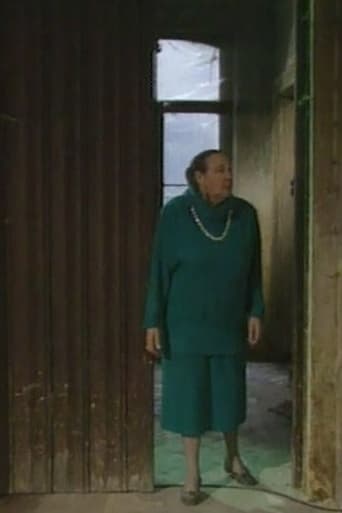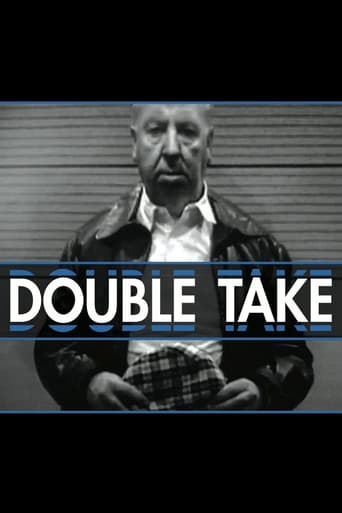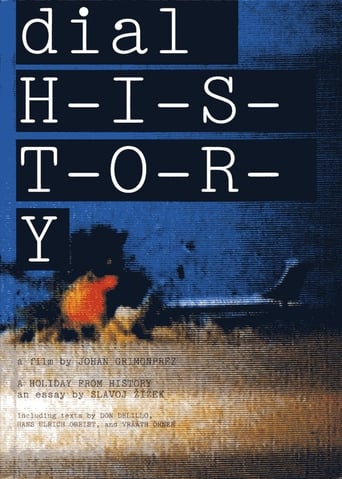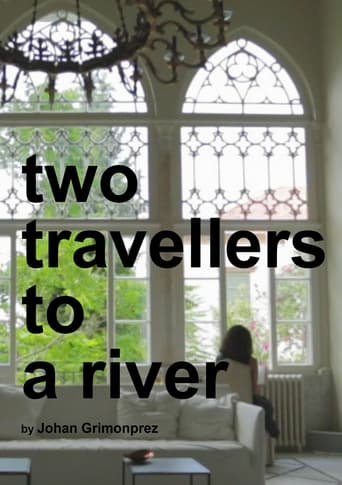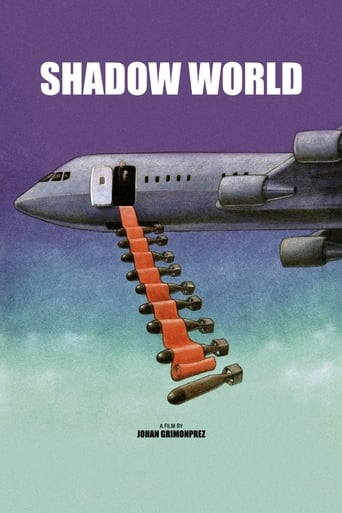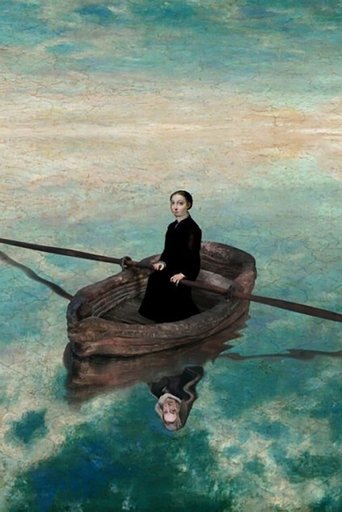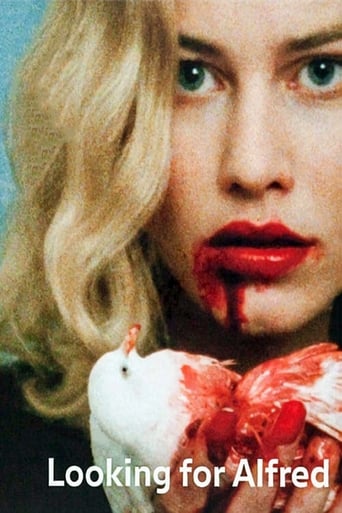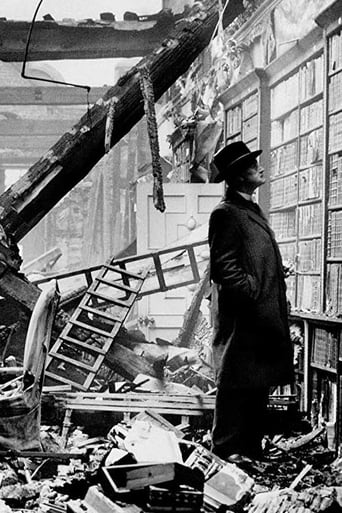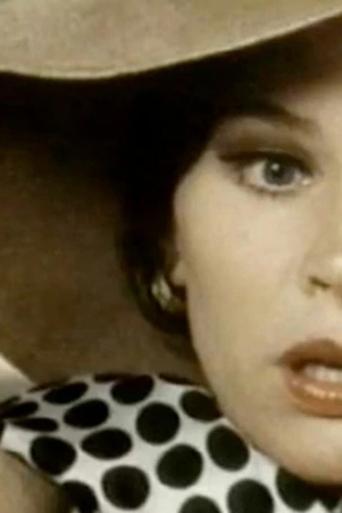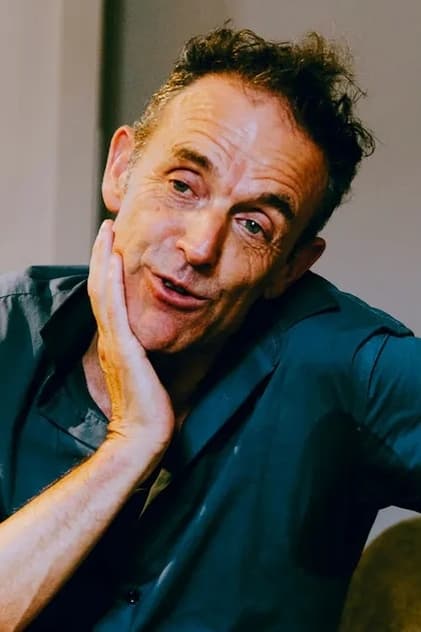
Johan Grimonprez
Johan Grimonprez (born 1962; Roeselare) is a Belgian multimedia artist, filmmaker, and curator. He is most known for his films Dial H-I-S-T-O-R-Y (1997) which the Guardian included in its article From Warhol to Steve McQueen: a history of video art in 30 works, Double Take (2009) and Shadow World: Inside the Global Arms Trade (2016), based on the book by Andrew Feinstein. Grimonprez wrote and directed the documentary Soundtrack to a Coup d'Etat about the promise of decolonisation, the hope of the non-aligned movement and the dream of self-determination. Grimonprez was born in 1962 in Roeselare, Belgium. After studying cultural anthropology, he went on to complete his studies in photography and mixed media at Royal Academy of Fine Arts in Ghent. Grimonprez received an MFA in Video & Mixed Media at the School of Visual Arts in New York. In 1993, Grimonprez was accepted into Whitney Museum Independent Study Program and later attended the Jan van Eyck Academy in Maastricht, Netherlands. In 1993, Grimonprez worked on the series Besmette Stad for the program Ziggurat on Belgian television. His films are characterised by a criticism of contemporary media manipulation, described as: "an attempt to make sense of the wreckage wrought by history." This films "speak to the need to see history at a distance, but at the same time to speak from inside it". Other themes include the relationship between the individual and the mainstream image, the notion of zapping as "an extreme form of poetry", and the questioning of our consensus reality, which Grimonprez defines as: "a reality that is entangled with the stories we tell ourselves in the worldview we agree on sharing." Grimonprez claims that "Hollywood seems to be running ahead of reality. The world is so awash in images that we related to 9/11 through images we had already projected out into the world. In a sense, fiction came back to haunt us as reality. A perpetual distraction, this illusion of abundance staged by techno-magic hid the ugly face of an info-dystopia. Images of Abu Ghraib, 9/11, swine flu, the BP Gulf oil spill and the economic crisis composed our new contemporary sublime." Amongst Grimonprez's influences are Walter Benjamin, Jorge Luis Borges, and Don DeLillo.
- Title: Johan Grimonprez
- Popularity: 0.7836
- Known For: Directing
- Birthday: 1962-08-12
- Place of Birth: Roeselare, Belgium
- Homepage: https://www.johangrimonprez.be
- Also Known As: Йохан Гримонпре

